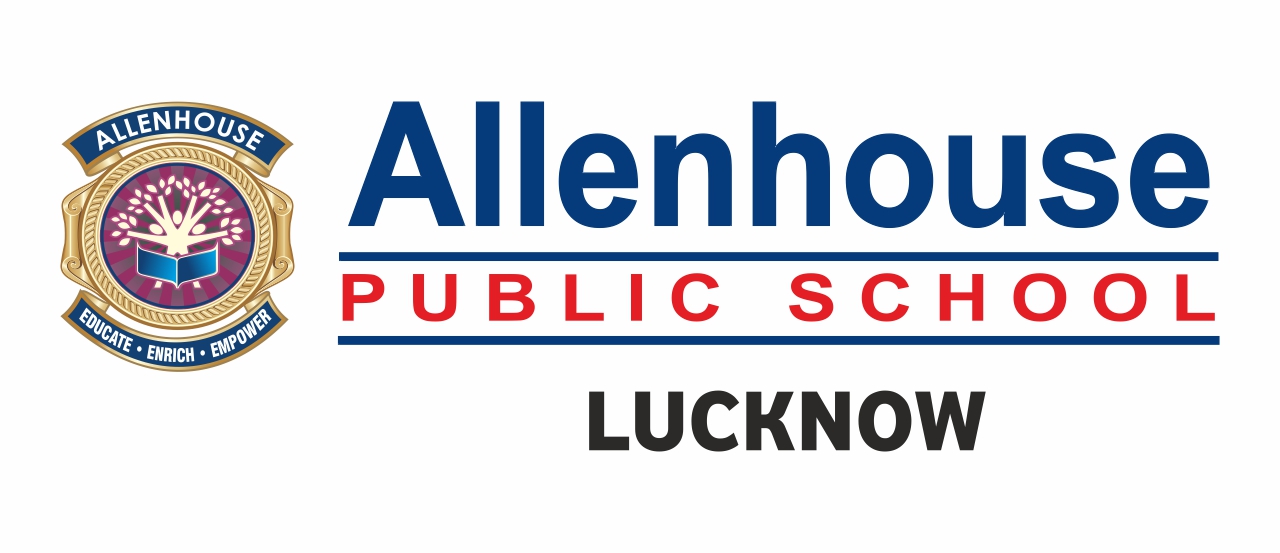Allenhouse Public Schools follow the Central Board of Secondary Education-based Curriculum to promote life skills, goal setting and lifelong learning. It inculcates values and fosters cultural learning and global understanding in an Interdependent Society.
It acquires the ability to utilise technology and information for the betterment of humankind. The curriculum also promotes physical fitness, health and well-being of the learners and educators. Further, the quest for learning is catalysed through art-integrated syllabi.
Our curriculum also focuses on learning through activities, structured as well as Standardised worksheets, trips, and nature walk for getting in touch with the outdoors. Special Assemblies are a regular feature to mark festivals and special ocasions.
It caters to critical and creative thinking. We provide academic education that allows our students to compete and succeed in the wider world. One can find all of the traditional subjects and many challenging new subjects like Fashion Studies, Legal Studies, Mass Communication, NCC, etc., at Allenhouse Public School.
With state-of-the-art facilities, our Robotics Academy provides expert guidance to our young learners as they design, build, and program their robots. This process of creation and exploration nurtures their creativity, imagination, and entrepreneurial mindset, preparing them to become the problem-solvers and innovators of tomorrow.
At the Robotics Academy, students from diverse backgrounds come together to share ideas, learn from one another, and push the boundaries of what's possible. Our programs are tailored to seamlessly integrate with the latest CBSE curriculum and NEP policy framework, focusing on critical skills like coding, AI, Iota, prototyping, virtual labs, and project-based learning.
Some of the key skills that students hone:
- Programming: Writing code for robot movement and behaviour, integrating complex manoeuvres and sensors.
- Electronics: Understanding circuits and applying them to robot functions, such as sensor data processing and actuator control.
- Troubleshooting: Identifying and resolving issues with robot hardware or software.
- Design Thinking: Applying design principles to create functional and efficient robotic solutions.
- Adaptability: Modifying robot behaviour based on changing conditions or challenges. Through the Robotics Academy, we are committed to inspiring the next generation of innovators who are ready to meet the challenges of the future with creativity, skill, and confidence.
© Copyright 2026 All rights reserved | Powered by Fast Ranking

